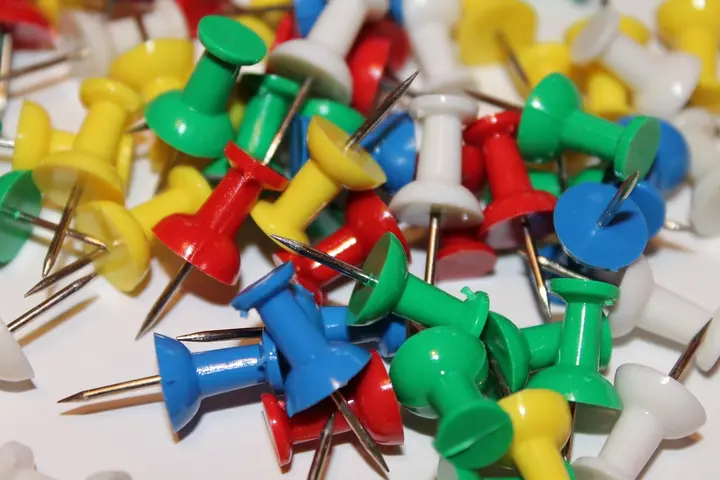How to beat a polygraph? Experts answer
We've all seen polygraphy tests, whether it's in detective movies, crime proceedings, or The Simpsons. In general, the "bad guy" is tied to a polygraph test and is told that if he lies, the people doing the test will know it. After a few questions, the police either eliminated the sweaty suspect or redoubled their efforts to force him to confess on the basis of the results of a pen drawing wild zigzag lines on a moving map.
Show key points
- Polygraph tests, often dramatized in media, are not as accurate as commonly believed.
- Manipulating control questions by altering your breathing can disrupt the polygraph's baseline readings.
- Inducing physical pain, such as biting your tongue or pressing a nail in your shoe, can interfere with physiological responses.
- ADVERTISEMENT
- Maintaining calm, consistent breathing throughout the test helps avoid suspicious spikes in data.
- Using mental distractions like complex math or backward alphabet recitation can help mask stress indicators.
- Providing only brief, yes-or-no answers minimizes opportunities to reveal deception.
- Controlling your voice tone and practicing even delivery of lies can reduce suspicion during questioning.
But how accurate is it really? Well, not at all.
Just follow these nine steps to also enable you to fool the polygraph.
1. Change the results of monitoring questions

The best way to beat the polygraph is to get rid of control and adjustment questions. These are the questions you will be asked to get a basic reading of respiratory rates, blood pressure, heart and sweating. Your other responses will be judged on the basis of these results. So when you're asked an obvious question, like "Are the lights in the room on?" change your breathing. You should breathe faster, slower, less deep or deeper. You can even hold your breath. You should do this for about 10 seconds after the question, then return to your normal breathing routine.
Recommend
2. Control your breathing

After the control questions, breathe normally for the rest of the questions. Be very aware of the length of your inhalation and exhalation. If you have a few days before a polygraph test, practice breathing by counting the inhale and exhalation, which ensures that they remain constant for the duration of the test.
3. Biting your tongue

Biting your tongue hard enough to cause pain, but without bleeding. This will change your stress responses measured by the polygraph and make it difficult for the investigator to compare the responses accurately. You can only use this method for questions that require a yes or no answer, as biting your tongue for questions that require you to speak more than one or two words will alert investigators that you are trying to change the results.
4. Insert a nail into your shoes

Another way to cause pain and change your body's responses to stress is to place a small nail, nail or piece of broken glass inside your shoes next to your big toe. When you have to answer a question that requires you to give more than one word, press down on the sharp end of the screw.
5. Stir up panic

Change your blood pressure by thinking about something that makes you angry, scared, or frustrated. This will confuse the polygraph and falsify the results.
6. Keep your answers short

When possible, simply make your answers either yes or no. Do not give investigators more information than is necessary for work.
7. Think of complex ideas

When answering a question, try multiplying large numbers or pronouncing the alphabet backwards. This forces your brain to think about something other than the stressful situation you're in, and changes your body's physiological responses to questions.
8. Muscle contraction

Try to contract and contract the anal sphincter when asked a question. This method is also very effective, but the modern use of the compression pads you sit on can reveal this. You can also shrink the calf muscle or biceps in the arm that isn't connected to the blood pressure monitor.
9. Speak in equal tones

Do not stutter or rush your responses and do not speak in a higher tone than usual. This may require some practice and exercise beforehand. Ask your friends to ask you questions to answer with a deliberate lie while trying to maintain a natural and even reserved voice.








